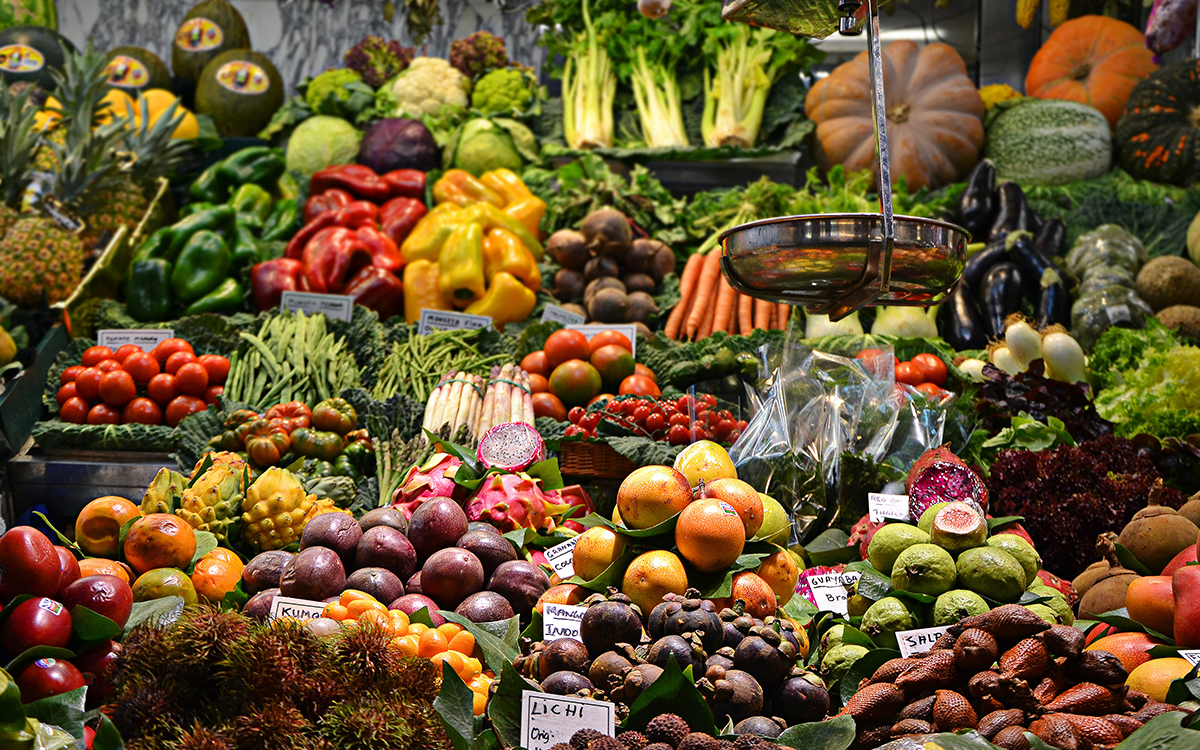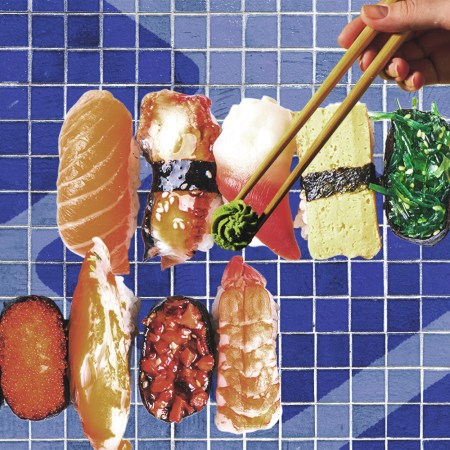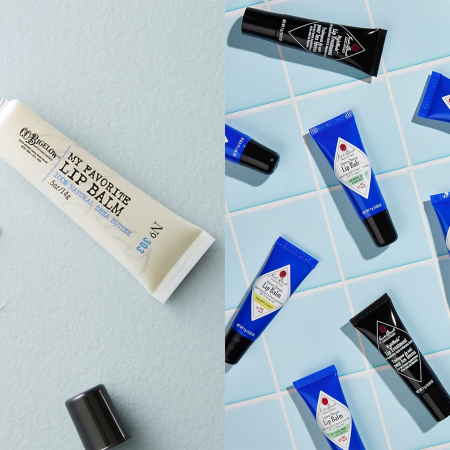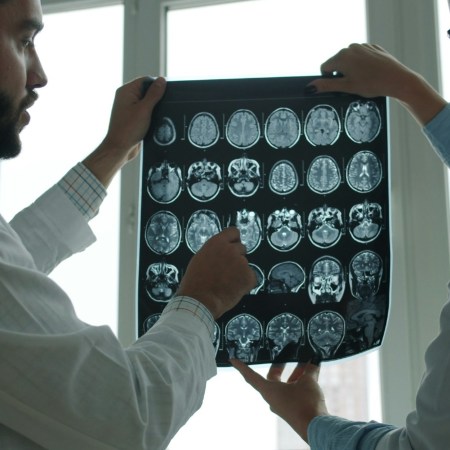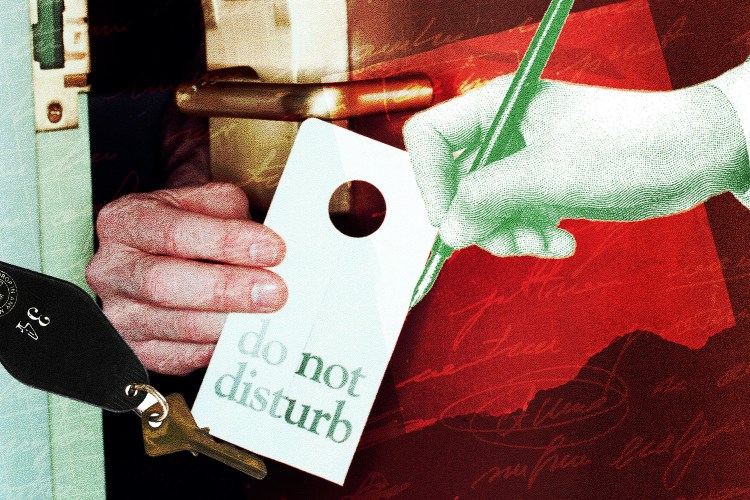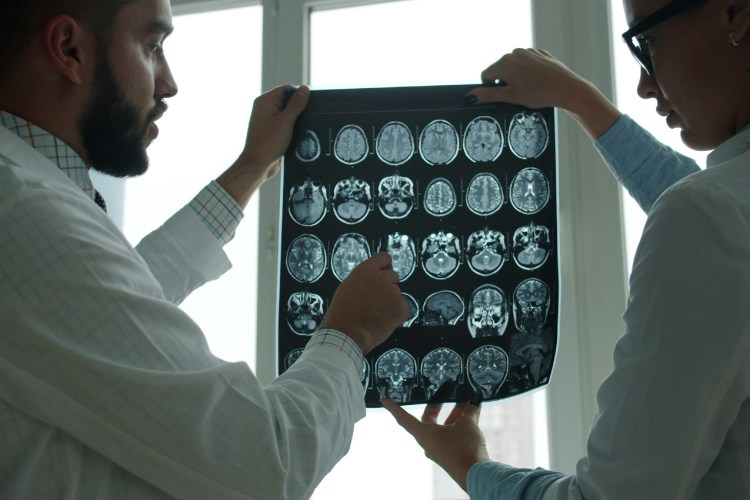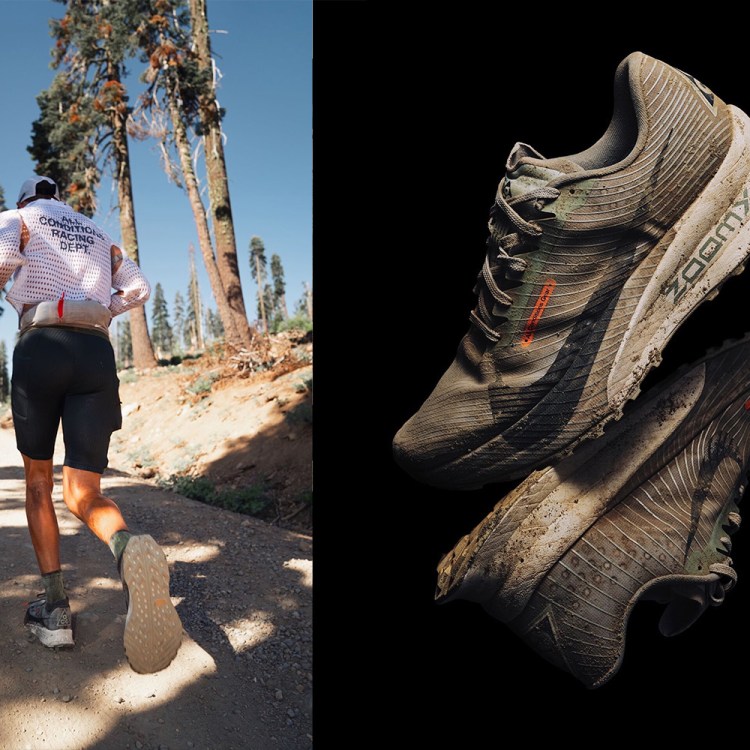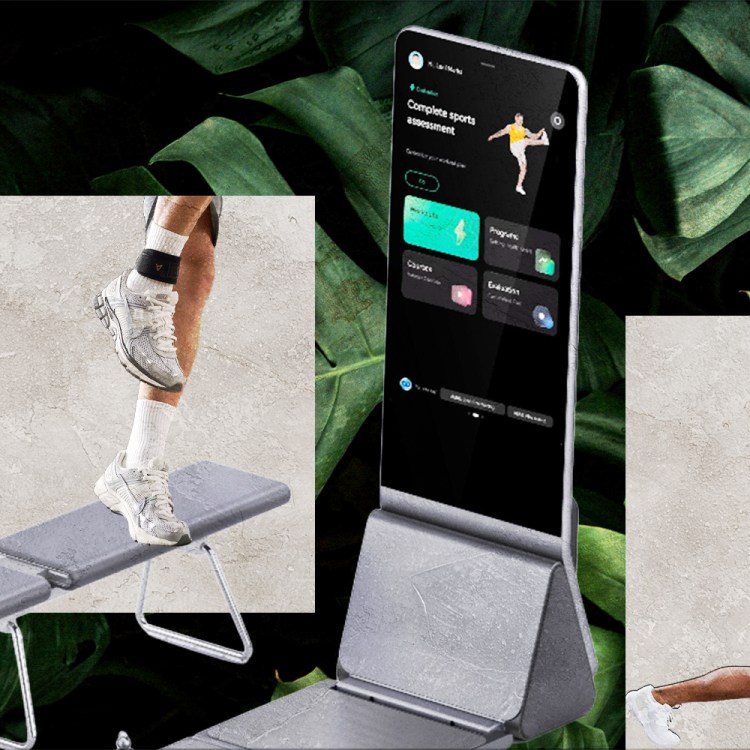Last week, the Harvard School of Public Health held an online forum entitled “Coronavirus, social distancing, and acute insomnia: How to avoid chronic sleep problems before they get started.” The forum’s featured speaker was Don Posner, a president of Sleepwell Consultants, and adjunct clinical associate professor at Stanford University School of Medicine. Posner explained that the COVID-19 crisis is “a perfect storm for sleep problems.”
“The actions that we’re taking to protect ourselves [right now] can not only precipitate problems with sleep, but lead to chronic problems with sleep,” Posner said.
Good sleep doesn’t necessarily mean more sleep. It refers to uninterrupted sleep, relied on as part of a consistent, familiar routine that requires virtually no effort or thought on the part of the sleeper. Good sleepers don’t struggle to fall asleep, or wake up two hours before their alarms to stare up at the ceiling fan. They don’t need naps throughout the day (which Posner likens to “snacking”) and they don’t rely on the weekends to catch up on shut-eye — a practice which can actually exacerbate existing issues.
But in the age of COVID-19, practices generally relied on for good sleep are under attack. Disruption reigns supreme as employees adapt to workdays without commutes or, alternatively, manage commutes that could put their life and the lives of those they love in peril. In a country where nearly 35% of the population suffers from sleep issues during normal days, a sever collective uptick in anxiety isn’t helping matters. Even those reaching deep R.E.M. sleep can’t quite escape the hour; according to psychologist Deirdre Barrett, crazy dreams heavy on nightmarish metaphors are spiking across America.

Good sleep is too important, though, to give up on. A lack of it can set a dark tone for these already dark days, resulting in everything from minor irritability to an inability to overcome depression. It’s also essential to muscle growth and recovery, necessary for stiff-arming heart diseases and dementia, and highly supportive of immune system strength, a bodily function we’ve all had to think about quite a bit lately. Posner dropped a couple tips on how to encourage good sleeping habits going forward, including the need for a reliable routine (even if your day has shifted back a couple hours — that’s OK, just keep it consistent), taking daily walks, and avoiding sleep inhibitors like blue light or caffeine before bed.
On the very last point: caffeinated beverages, of course, are infamous for facilitating a poor night’s sleep. Alcohol is also in that club: once metabolized (which often occurs a couple hours after hitting the pillow), it can cause frequent wake-ups. Research surrounding food and sleep, though, has been illuminating in recent years. Together, the two can turn the wheels of a cruel, self-defeatist cycle. Consider the work of Dr. Marie-Pierre St-Onge. She published a study in 2016 that sleep-deprived people chose foods the next day higher in fat or carbohydrates to make up energy. These foods are prime culprits for “micro-awakenings” the following night of sleep, which leads to exhaustion yet again, which leads to poor choices, which leads to … you get it.
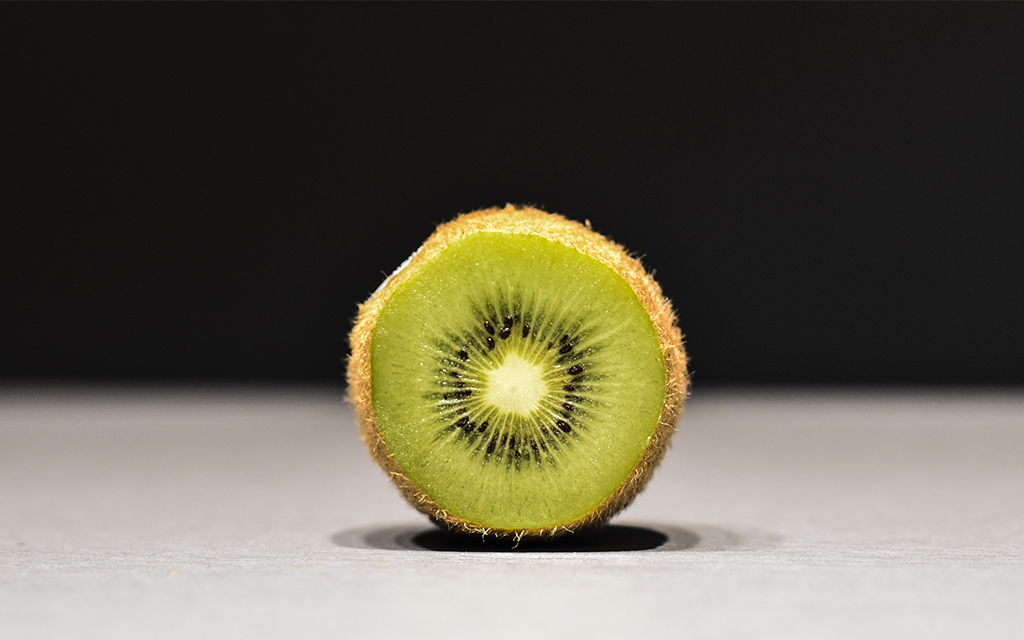
One way to combat that cycle is an optimized eating schedule. Medical officials like Dr. Youlan Tang, a physician in the BronxCare Health System, recommend giving the body time to digest hours before getting tucked in. In a recent piece published by The Wall Street Journal, Dr. Tang recommended compressing eating hours (a similar tenet to intermittent fasting) and closing the day with a light dinner. But you can “hack” your way to better sleep by going a step further and proactively seeking out snooze-friendly ingredients. In his latest book, Boundless: Upgrade Your Brain, Optimize Your Body & Defy Aging, wellness pioneer Ben Greenfield even outlined a grocery list of specific foods that help with restful sleep. Two items on his list are actually fruits — kiwi and tart cherries — and have been corroborated as potential sleep-aids by numerous studies over the years.
Kiwifruit contains the mood-boosting hormone serotonin, which aids in the production of sleep-cycle regulator melatonin. A study published way back in 2011 assessed sleep quality after doze-deprived adults consumed two pieces of the fruit, one hour before bed, for a full month. Across the board, participants’ “waking time after sleep onset” scores were down a hefty 28.9%. Total sleep time increased by 13.4%. Meanwhile, a study from 2012 showed that the juice of tart Montmorency cherries contains high levels of photochemicals, including melatonin, that can directly increase melatonin levels in humans, along with time in bed, total sleep time and sleep efficiency. Dubbing the practice “cherry juice supplementation,” the researchers concluded that consumption of a tart cherry juice can help in the fight against sleep disturbance.
Your marching orders, then: two pieces of kiwifruit as “dessert” after dinner, preferably an hour or two before bed. And tart cherry juice, taken as a drink, close to the end of the day, or even as a vinaigrette over a salad or chicken for your last meal. (Go easy on the second one, or you’ll get sick of it fast.) More research needs to be done to determine the optimal time windows and quantities for consuming these fruits, but each represents a welcome, all-natural answer for addressing difficult sleep during a difficult time. Not to mention the additional benefits — higher fiber intake, antioxidants, copious vitamins and minerals, better brain health — would be worth it even without the sleep-aid knowledge. Keep an eye out next time you’re in the produce aisle, and sleep well.
The Charge will help you move better, think clearer and stay in the game longer. Subscribe to our wellness newsletter today.
